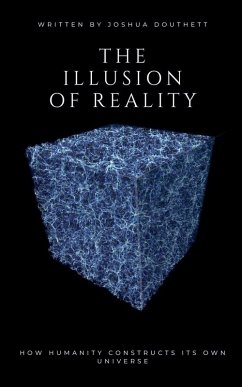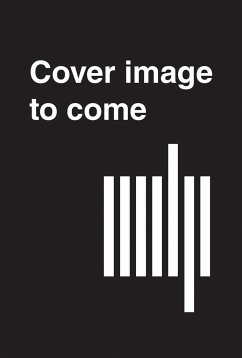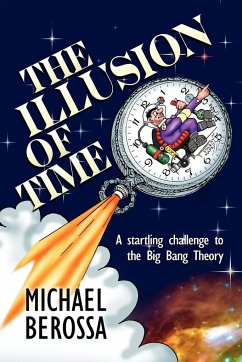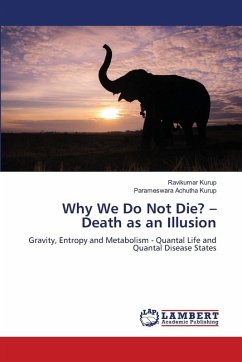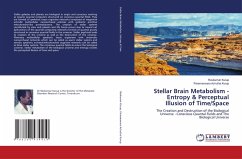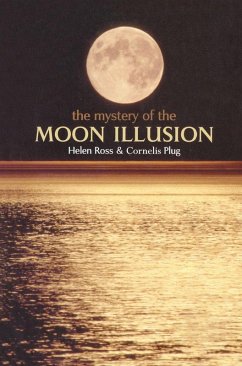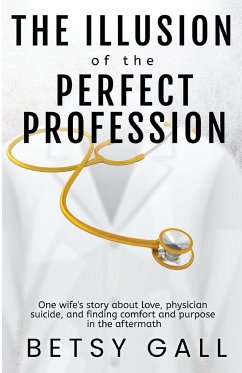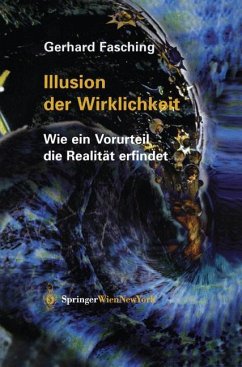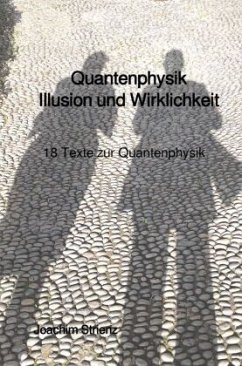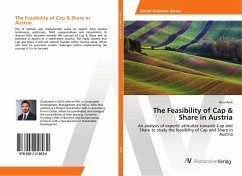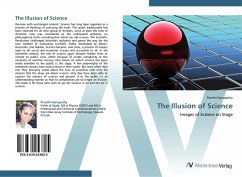
The Illusion of Science
Images of Science on Stage
Versandkostenfrei!
Versandfertig in 1-2 Wochen
32,99 €
inkl. MwSt.

PAYBACK Punkte
16 °P sammeln!
Revision with unchanged content. Science has long been regarded as a process of thinking, of pursuing the truth. This quest traditionally has been reserved for an elite group of thinkers, since at least the time of Aristotle, who was considered as the undisputed authority on philosophical truth, including that which we call science. The Scientific Revolution challenged Aristotle's authority and paved the way for the new method of evaluating scientific truths developed by Bacon, Descartes, and Galileo. Science became, over time, a process of inquiry open to all social and economic classes and a...
Revision with unchanged content. Science has long been regarded as a process of thinking, of pursuing the truth. This quest traditionally has been reserved for an elite group of thinkers, since at least the time of Aristotle, who was considered as the undisputed authority on philosophical truth, including that which we call science. The Scientific Revolution challenged Aristotle's authority and paved the way for the new method of evaluating scientific truths developed by Bacon, Descartes, and Galileo. Science became, over time, a process of inquiry open to all social and economic classes and accessible to all. In the twentieth century, the role of science again became hidden from or remote to public view, either because of innate complexity or the necessity of wartime secrecy. One forum on which science has been made available to the public is the stage. A few playwrights of the twentieth century have used science in their works. But more often than not, they primarily wrote about the lives of scientists with only the illusion that the plays are about science. Very few have been able to capture the essence of science and present it to the public in an understanding manner so that its complexities are no longer an illusion. This book is for those who wish to see the science in art and the art in science.



